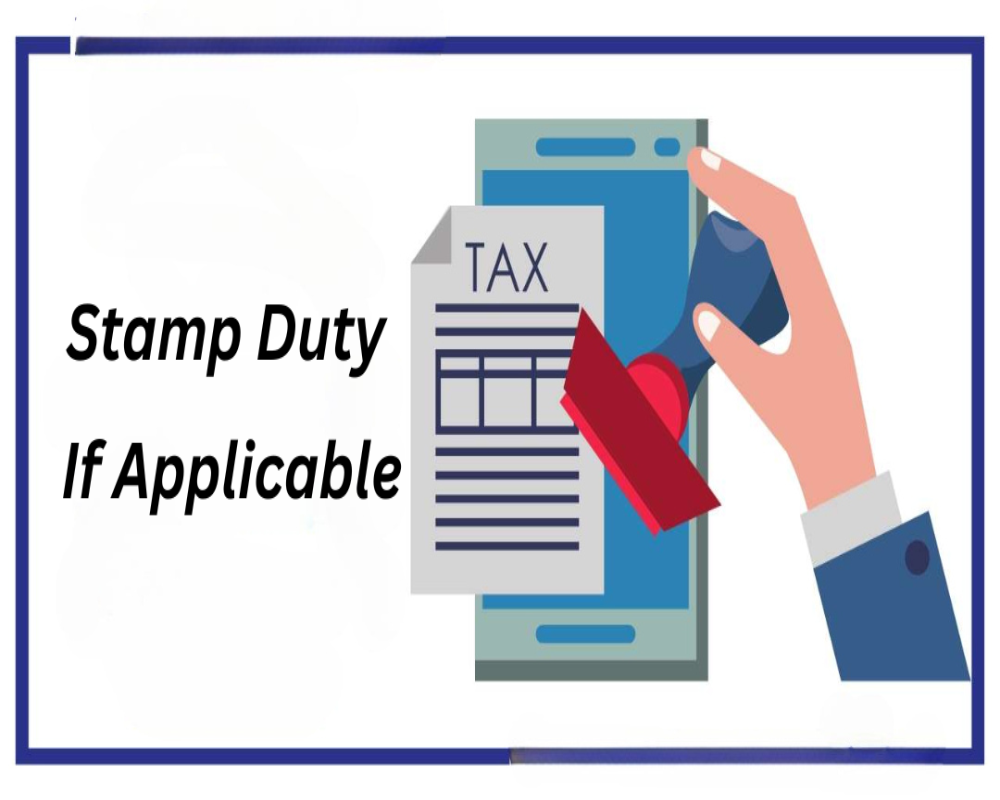Defined as Transfer, Conveyance, or Deed Taxes
Local stamp duty or deed taxes—also known as documentary transfer taxes, conveyance taxes, or recording fees—are imposed by cities, counties, or states when a deed is recorded during the transfer of real property ownership. These taxes are based on the sale price or assessed value of the property.
- Calculated per $500 or $1,000 of transaction value (e.g., $1.10 per $1,000)
- Applied at the county recorder or clerk’s office upon deed registration
- Vary significantly by jurisdiction, and some municipalities charge additional surcharges
Rates Vary by Location and May Include Multiple Layers
In many areas, both county and city-level taxes apply. Some cities impose additional local transfer fees on top of the standard county rate, particularly in urban centers or special tax districts.
- Examples:
- Los Angeles County: $1.10 per $1,000 + additional city taxes (e.g., Santa Monica, Culver City)
- New York City: 1%–2.625% (plus NY State transfer tax)
- Chicago: Combined rate exceeds $7.50 per $1,000
- Los Angeles County: $1.10 per $1,000 + additional city taxes (e.g., Santa Monica, Culver City)
- Check with the county recorder or assessor’s office for current rates
Responsibility and Exemptions Depend on Jurisdiction
Typically, the seller pays the deed tax, but this may be negotiable and vary by local practice. Certain transactions may qualify for full or partial exemptions, including family transfers, intra-company conveyances, or nonprofit sales.
- Recorded in the deed or closing documents and paid through escrow
- Exemptions may apply to government, charitable, or intra-family transfers
- Overpayment or misclassification can result in refund claims or penalties


